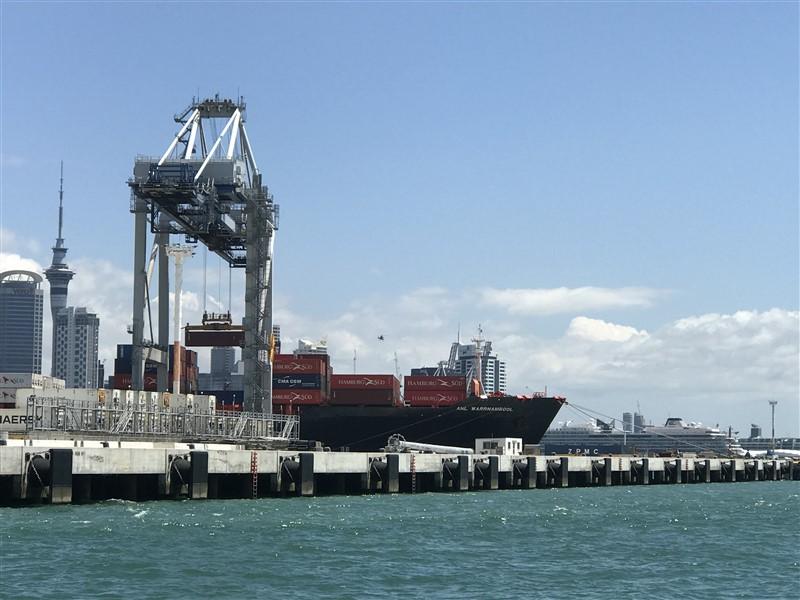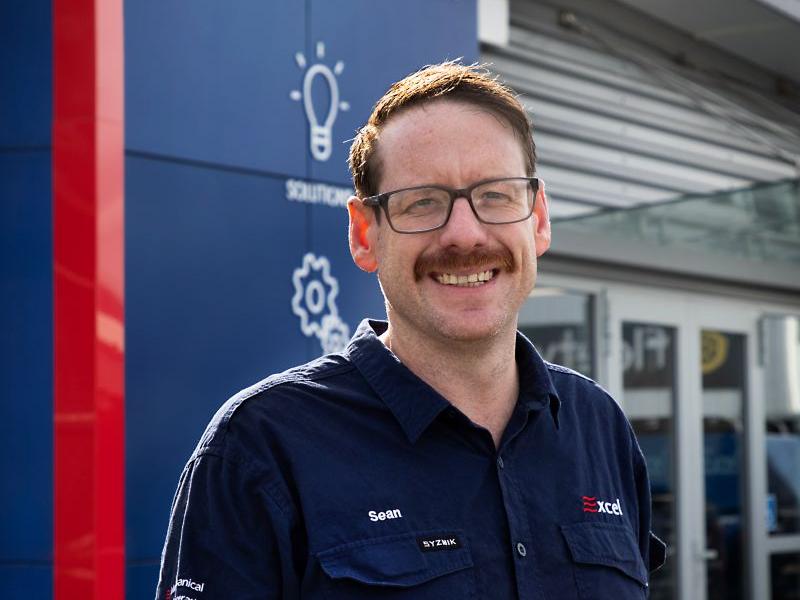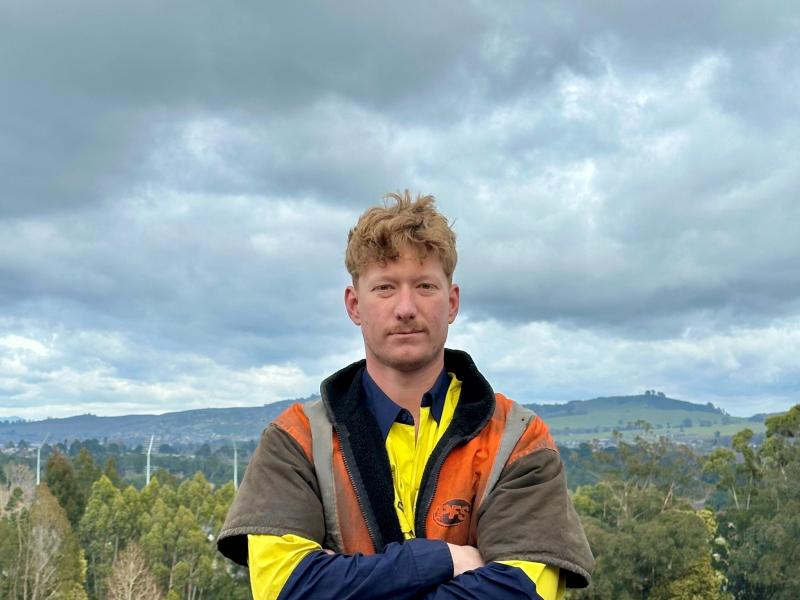New Te Waihanga (New Zealand Infrastructure Commission) research shows New Zealand gets less value from its infrastructure spending than most other high-income countries.
"We spend about the same amount as other wealthy countries, but we’ve found we could get more value from what we spend," says New Zealand Infrastructure Commission, Te Waihanga Director of Economics Peter Nunns.
"To solve our infrastructure challenges, we’ll need to build more efficiently as well as building more."
The new research has found that in recent decades our network infrastructure spending has been about average for a high-income country, and that what we spend it on is similar as well. However, the value that we get for what we spend is not so good - our ‘efficiency rating’ of building infrastructure lies in the bottom 10% of high-income countries.
The research builds on the draft New Zealand Infrastructure Strategy developed by Te Waihanga, which highlights key factors that underpin quality infrastructure investment: good decision-making, an enabling planning system, and the raw materials and workforce needed to build the infrastructure. Te Waihanga are already aware of problems in our infrastructure consenting system and the availability of raw materials.
"The costs to consent and build infrastructure are rising. We’ve recently published other research showing that consenting costs for infrastructure projects are increasing, and availability of key materials like aggregates is increasingly constrained," Nunns says. "This makes it difficult to deliver infrastructure efficiently. We need to address these types of systemic issues to get good value from infrastructure investment."
"Successive Governments have invested in infrastructure, but they could have got more from what they spent. To do better, we need to better understand cost performance and look for areas we can improve."
Read the new infrastructure efficiency research: Research Insights December 2021.






